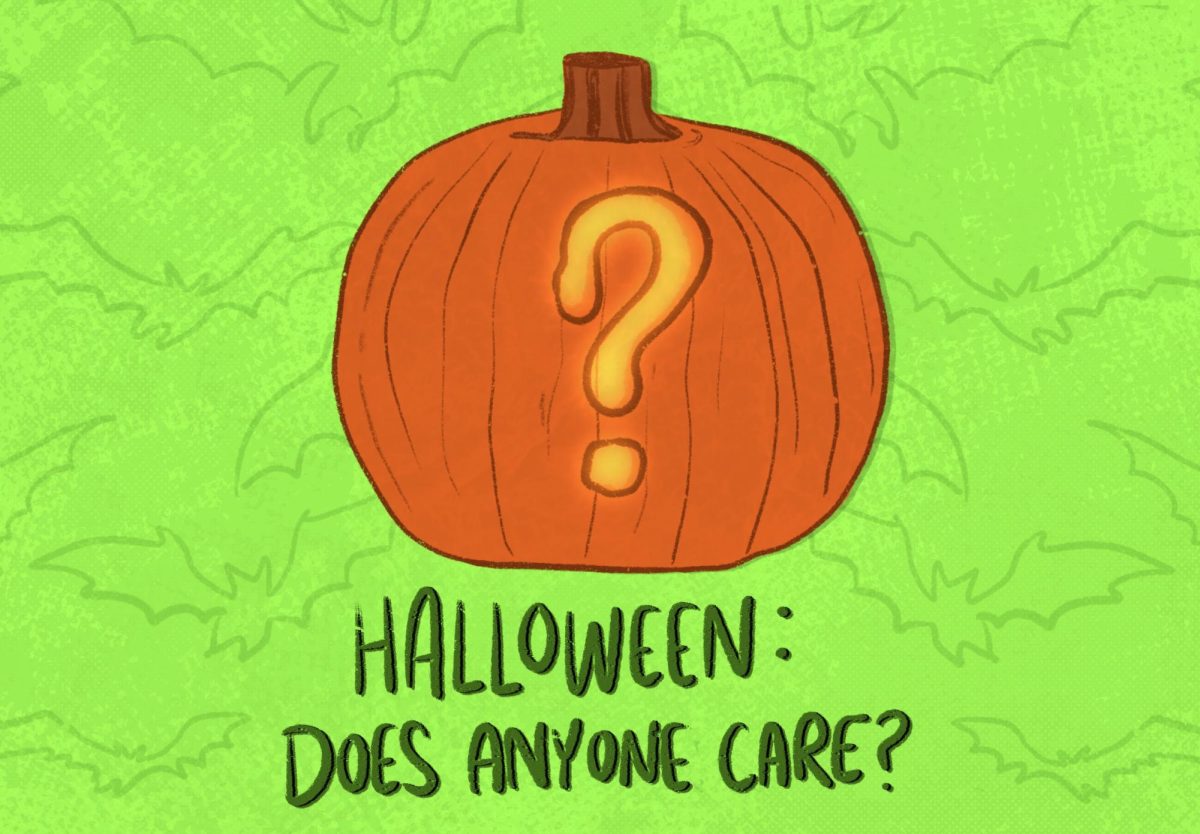Dear Bailey,
How do I avoid getting venereal diseases?
Sexually transmitted diseases are also known as venereal diseases. The technical term of the definition is morbus venereus. VDs or STDs are caused by genital contact, blood in the genital area, semen or vaginal fluids in the genital area and sexual intercourse.
Sex also includes oral and anal sex; diseases can be spread through allof these methods.
Venereal diseases include “AIDS, chlamydia, genital warts, gonorrhea, syphilis, yeast infections and some forms of hepatitis,” according to emedicinehealth.com.
Herpes is another VD. Herpes can be spread through genital contact or genital-to-mouth contact. There are two strands of herpes: herpes simplex virus type 1 and herpes simplex virus type 2.
HSV-1 is found in the form of fever blisters and can also be spread to the eye, while HSV-2 is usually only spread through sexual intercourse.
Herpes is a fairly common STD that many people know about. About 45 million adults in the U.S. have a form of herpes. One in four women are infected, while one in eight men are infected.
To prevent contracting these diseases, condoms are the best defense during sexual intercourse. They work to their full potential when used properly.
Think about your sexual decisions. Is this person a good sexual partner? Have you communicated with them about sex and methods of protection? Do you know their sexual health and history?
These diseases are impactful and have long-lasting consequences. Few are incurable. There will be other people; a future partner or child who will have to deal with the results of your choices. Think before you act, and be aware of the consequences.
Bailey can be reached at [email protected]






